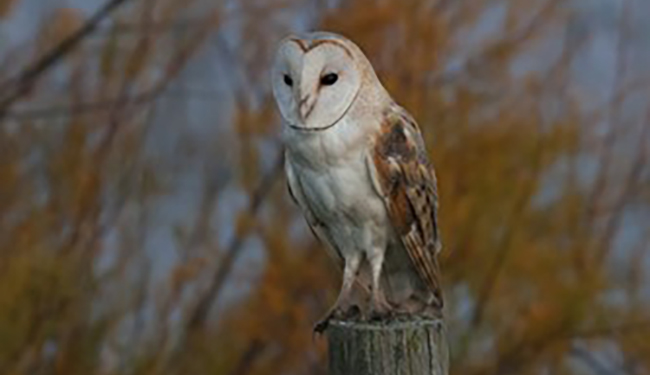Wildlife Welfare, Health and Conservation
 Image credit: Miguel Carrasco
Image credit: Miguel Carrasco
Faced with global grand challenges of biodiversity loss, climate change and disease risks, it’s imperative we adopt evidence-based approaches to protect ecosystems whilst also optimising the health and welfare of individual wild animals.
Our research focuses on free-living and captive wild animals in the UK and worldwide. We use eco-epidemiological approaches to study wildlife health including research on antimicrobial resistance, toxicology of birds of prey, and infectious diseases such as avian influenza. We also use a range of methods to elucidate the welfare implications of human-wildlife interactions including during tourism, reintroductions, and in captivity. Examples of ongoing projects include assessing the risks of veterinary pharmaceuticals to birds of prey; examining the value of wildlife-friendly gardening; investigating links between species ecology and welfare in zoos; and exploring how to optimise the use of conservation dogs to protect African carnivores.
